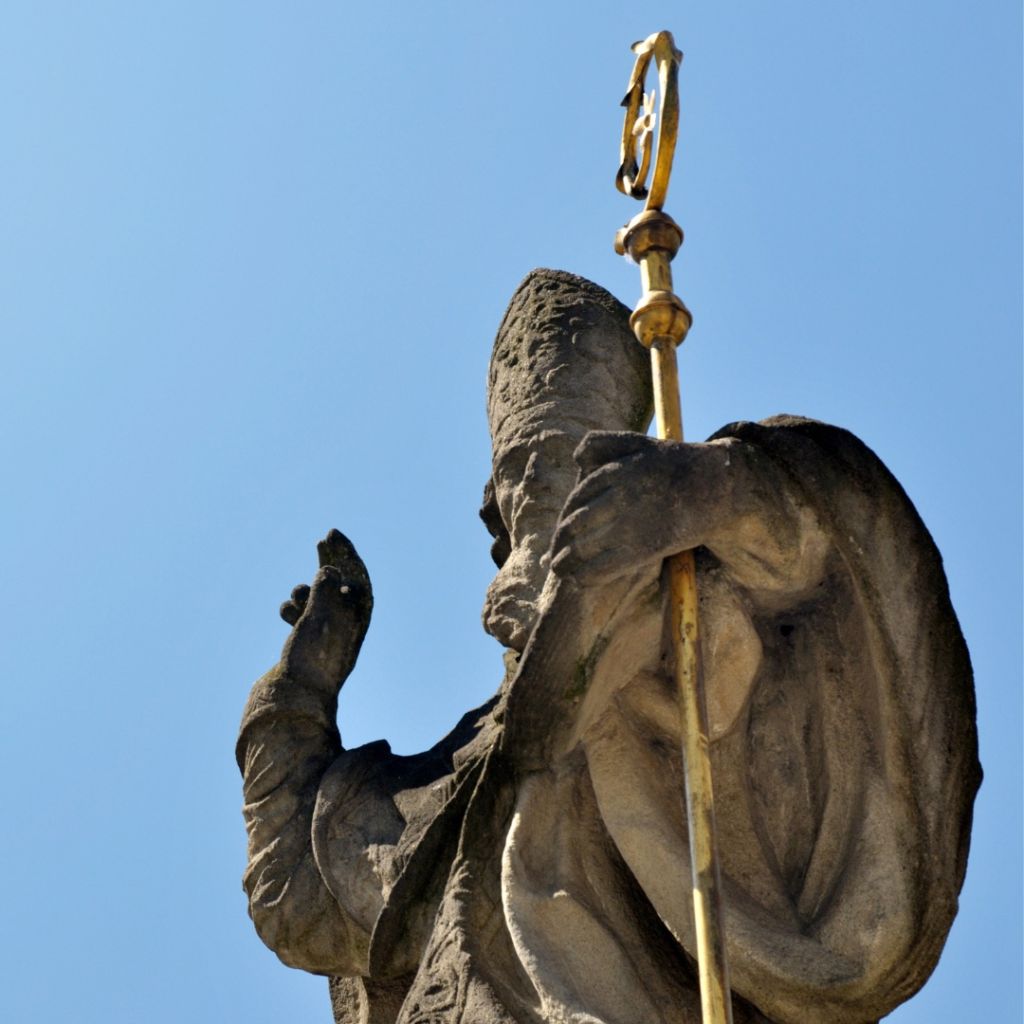Today, March 17th, is St Patrick’s Day. Patrick was an early missionary with a very unusual life, one that has at least three lessons for us today.
Much of his early life cannot be verified, but one source says that he was born in Britain circa 386 AD. His father, Calphurnius, was a deacon from a Roman family of high social standing. Patrick’s grandfather, Pontius, was also a member of the clergy. It might seem therefore that he grew up with a strong Christian influence. That is not so. It has been suggested that his father probably took on the role of a deacon because of tax incentives. Patrick’s own later ‘confession’ states he was not an active believer in his youth and considered himself in that period to be “idle and callow”. Education was not particularly stressed during his childhood. He wrote that “I blush and fear exceedingly to reveal my lack of education.” The young Patrick scarcely had a great start to his missionary career.
In his mid-teens it looked as though he was heading for a meaningless and unknown life. But then the Lord stepped in with an event that radically and totally changed his life. “According to Patrick’s autobiographical Confessio, when he was about sixteen, he was captured by Irish pirates from his home in Britain. They brought him to Ireland, where he was sold into slavery in Dalriada. His job was to tend sheep. Patrick’s master, Milchu, was a high priest of Druidism, a pagan sect that held major religious influence over Ireland at the time.
It was hardly a great preparation for a future missionary! But the first lesson is that this shattering event had a life-changing impact. Imagine the fear and loneliness of a 16-year-old in a foreign land held as a slave. But by the grace of God “Patrick came to view his enslavement as God’s test of his faith. During his six years of captivity, he became deeply devoted to Christianity through constant prayer.”
The second lesson is that Patrick’s life was defined by listening to the Lord and doing what He said. Over the next few years, Patrick had two visions. The first came after six years as a slave when in “around 408 AD, the idea of escaping enslavement came to Patrick in a dream, in which a voice promised him he would find his way home. Patrick convinced some sailors to let him board their ship.
“After three days of sailing, he and the crew abandoned the vessel in France and wandered, lost, for 28 days — covering 200 miles of territory in the process.” This period of his life was that of training and preparation for his missionary work to the Irish. “Patrick went to Auxerre, France, where he studied and entered the priesthood under the guidance of the missionary Saint Germanus. He was ordained a deacon around 418 AD.”
The third lesson, involving the dangerous journey at sea and the long period of preparation, is that the release into his calling, the birth of his destiny, was hard and long. It often is in the calling to be a missionary.
Then Patrick heard the Lord speak again, a call to go back to Ireland to preach the gospel and to build up the church. “He saw the children of pagan Ireland reaching out their hands to him in a vision and grew increasingly determined to convert the Irish to Christianity.” In 432 AD he was ordained as a bishop. Then “Pope Celestine sent Patrick to Ireland to spread the gospel to non-believers and to support the small community of Christians already living there.”
“Upon his arrival in Ireland, Patrick was initially met with resistance but managed to spread Christian teachings far and wide, along with other missionaries, through preaching, writing, and performing countless baptisms.” “Throughout his missionary work, Patrick supported church officials, created councils, founded monasteries, and organised Ireland into dioceses.”
Patrick died circa 461 AD in Saul, Ireland. He is said to have been buried in the town of Downpatrick, County Down. Saint Patrick is recognised as the patron saint of Ireland.
Looking at this rough outline of Patrick’s life, it is fascinating to see how the grace of God broke into this godless young man’s life, in some ways like that of Joseph in Genesis, to prepare him through slavery for an impact on Ireland that was nation-changing. His story invites us to look carefully at the events in our life, like his slavery, which at the time may seem to be devastating, yet may be turning points in our lives leading into our destiny in mission. “Patrick explains that through his slavery the Lord had mercy on his youth and ignorance and afforded him the opportunity to be forgiven his sins and to grow in his faith through prayer” – and the rest is history!



